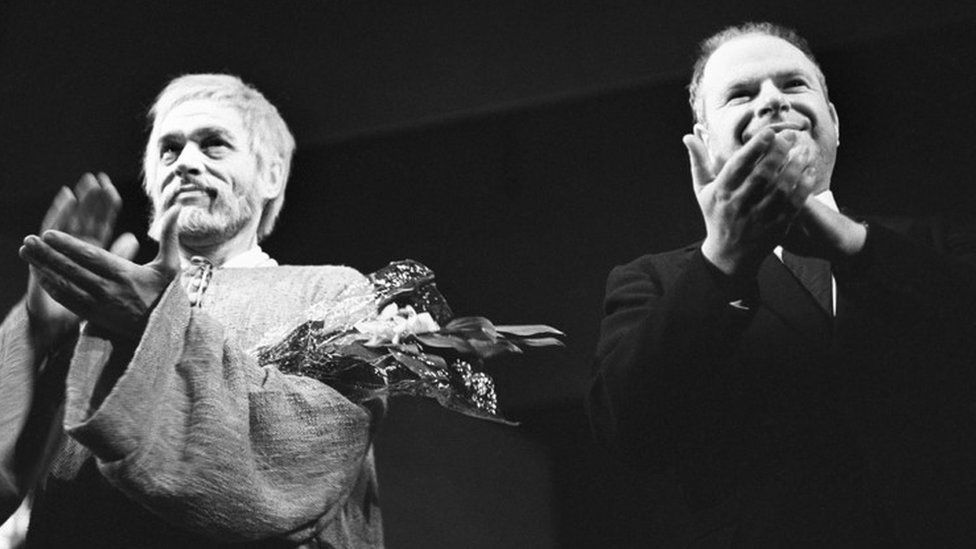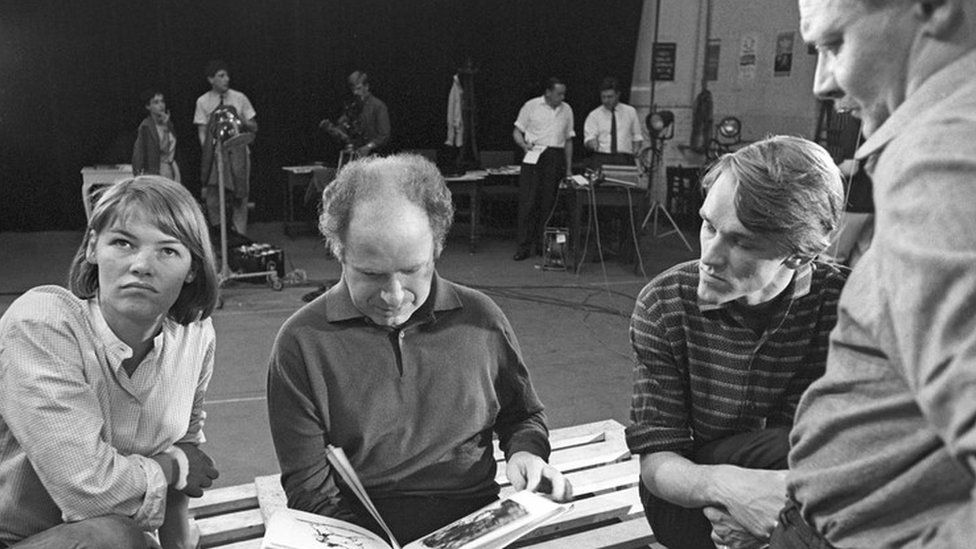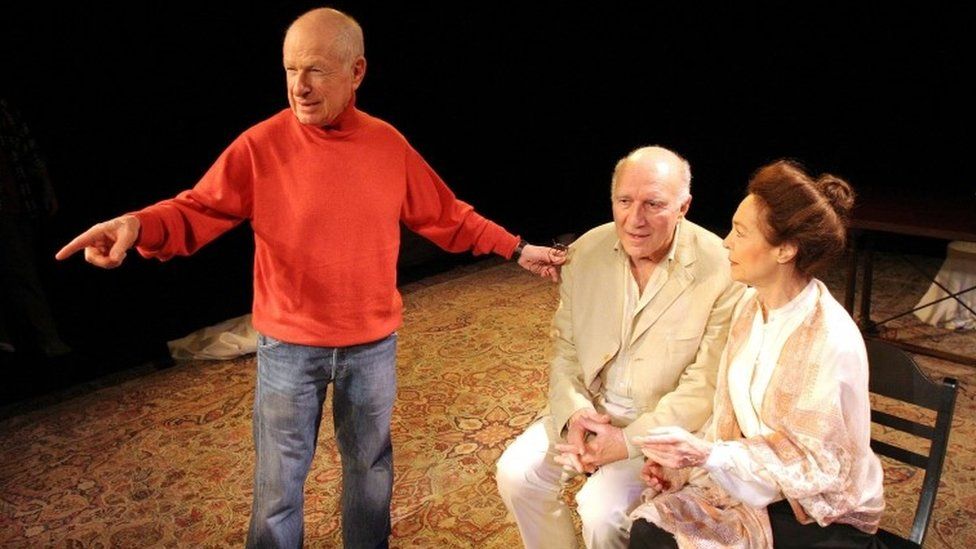Peter Brook: British stage directing great dies aged 97
Brook, who had lived in France since 1974, died in Paris on Saturday, according to reports.

KATHMANDU: Peter Brook, one of the most creative and controversial stage directors of his generation, has died aged 97, the AFP news agency is reporting.
A precocious talent, by his mid-20s he had a reputation as the grand old enfant terrible of the British stage.
Over the ensuing decades, Brook put his stamp on the theatre, breaking many established conventions.
His productions, starring some of the theatre’s most distinguished thespians, both enthralled and shocked audiences.
Brook, who had lived in France since 1974, died in Paris on Saturday, according to reports.
Peter Stephen Paul Brook was born in west London in March 1925, the son of Jewish immigrants.
He did not have a theatrical background, but after studying at Oxford University his talent was quickly spotted. At the age of 20 he was appointed director of Birmingham Repertory Theatre.

He soon moved on to the Royal Shakespeare Company (RSC) and then to the Royal Opera House where, as director of productions in the late 1940s, his work included La Boheme and Salome.
Brook was subsequently director at the Metropolitan Opera House in New York.
He later told the BBC that he regarded British post-war theatre as having become “old-fashioned, stereotyped and in the hands of a small number of very conventional people who did Shakespeare in the most boring way imaginable”.
Trapezes and stilts
Through the 1950s he continued to direct RSC productions featuring some of the greatest actors of the age including John Gielgud, Paul Scofield and Laurence Olivier.
He was responsible for a number of distinguished productions in London, New York, Paris and elsewhere – plays by TS Eliot, Tennessee Williams and Arthur Miller, as well as Shakespeare.
He was heavily influenced by Antonin Artaud’s ideas for a Theatre of Cruelty, putting on a season of plays in London in 1964.

His production of the Peter Weiss play, Marat/Sade, originally staged in London, was well received on Broadway and won Brook a Tony award for Best Director in 1966.
His final production for the RSC, in 1970, was a memorable, airborne version of A Midsummer Night’s Dream using trapezes and stilts.
It was an attempt to capture the strangeness of a play about dreams, fairies and spurned lovers.
Film career
Controversially, in the 1970s he turned his back on English theatre and moved to Paris where he founded the International Centre of Theatre Research, an experimental theatre company.
With it, he visited many countries and put on productions for a variety of audiences, including one for drug addicts, and another for mental patients.
One memorable production, staged in France, Australia and America, was The Conference of the Birds, from a medieval Persian poem. In Australia it was staged in a quarry.

Among the major works he directed was The Mahabharata, a nine-hour dramatisation of a Sanskrit epic, which was presented in several countries before coming to Glasgow in 1988.
Brook also made a number of films, including the 1963 version of Lord of the Flies and The Tragedy of Carmen – the stage production of which had won awards.
He was responsible for a film of Shakespeare’s King Lear, released in 1971 and starring Paul Schofield, which divided the critics, one of them suggesting that its bleak production and gory scenes should have seen it renamed The Night of the Living Dead.
In 2012 a documentary, The Tightrope, directed by his son, Simon, examined Brook’s directing style, using hidden cameras so the actors would not be distracted.
The title referred to Brook’s habit of getting his actors to walk across a carpet on an imaginary tightrope, doing whatever they fancied but conveying the impression they were high up in the air.
It has been said that Brook was more interested in ideas than anything else. He seemed to have a desire to shock and had been described as an astounding combination of insight, intuition and effrontery.
Brook married the actress Natasha Parry in 1951. She died in 2015.
-BBC










